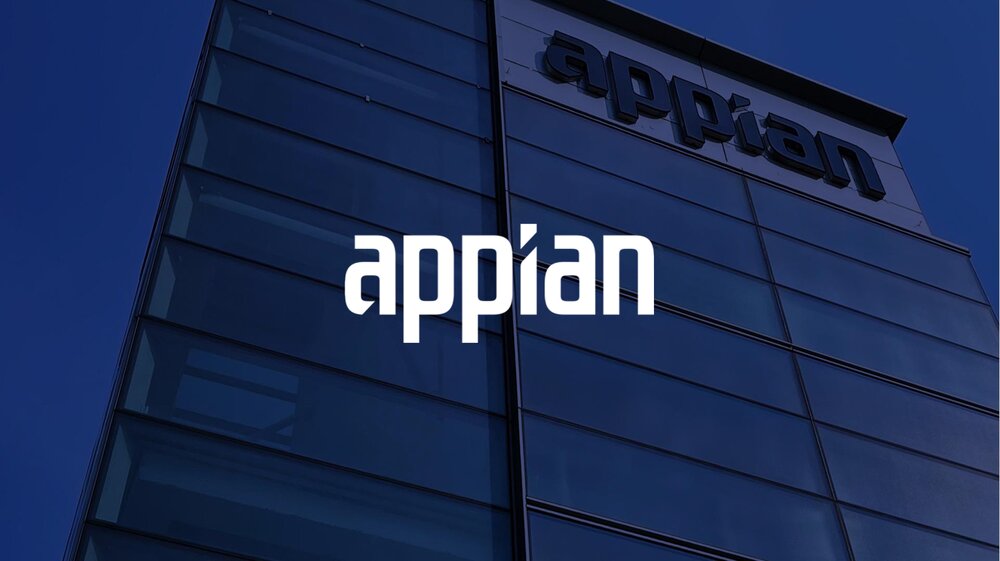
Appiandedicated to the development of low-code solutions, has offered its forecasts for the coming year and the near futureproposing that both process automation such as low-code platforms are going to be key both for the public administration and for companies that operate in highly regulated sectors, such as banking or insurance. This is due, among other things, to the fact that process automation on a low-code platform improves efficiency, as well as speeding up application development up to 10 times.
Both the administration and companies are already assuming that the elements that affect workflows, such as process automation, have to be integrated into automatic processes from start to finish, and do so on a single platform. In this way it is possible to eliminate repetitive work, in addition to improving efficiency. With all this present for 2023, at Appian they have provided a list with their top five forecasts for the near future. That is, by 2023:
1 – Low-code development and efficiency
According to Appian research, 85% of IT professionals believe that technologies such as low-code, Artificial Intelligence and machine learning will be key to meeting the challenges of IT departments. In addition, they will help companies adapt to changes and streamline work. By 2023, Appian expects to have 68 billion automated processes running on its platform.
2 – Application development 10 times faster
According to a Wall Street Journal study, low-code was already becoming a priority business in 2019, and this level of priority skyrocketed in 2020 due to the pandemic and the need to quickly adapt to circumstances. And according to Forrester, 75% of the companies that create web, mobile or infrastructure apps were using los-code platforms at the end of 2021. In Spain, half of the developers have already used low-code products in 2022, a percentage which will increase during 2023.
3 – Finance and other regulated sectors
In 2023, companies will have to face many challenges related to transparency in finance and visibility of systems in supply chains. They will also have to deal with overseeing environmental policies. To meet the requirements they will need to address, highly regulated industries, including finance and insurance, will need to ensure they are in control of processes at all times. For this they will need to use open platforms that offer them suitable and versatile solutions.
4- Public sector
Investment in low-code technology in general, and in Appian in particular, will continue to grow in revenue and size. Since 2017, when Appian arrived in Spain, low-code has entered various sectors and has contributed to making digital transformation a simpler process. Both for large companies and for public agencies and entities.
This is due to its ability to adapt even to organisms that are traditionally opaque and have completely disconnected information. Just what happens in many areas of the public sector. An example of the usefulness of low-code in this sector is the launch of a new service in a department with a high level of bureaucracy. With the low-code, this service was launched in a matter of weeks, when with the traditional procedure it would have taken a minimum of six months to be ready.
5 – IT skills gap
The governments of many countries have realized that the differentiation of their administrations and companies will come hand in hand with technological excellence. Among them is the Government of Spainwhat by 2025 has been set as a goal a increase of 20,000 specialists in data, Artificial Intelligence and cybersecurity.
Currently there are not enough professionals with sufficient training to cover the needs of the labor market, and low-code development offers the possibility of improving the professional career of professionals without programming experience. That’s because it lets you build enterprise apps quickly and efficiently, with little to no coding. For this reason, low-code platforms will continue to rise in the near future.



